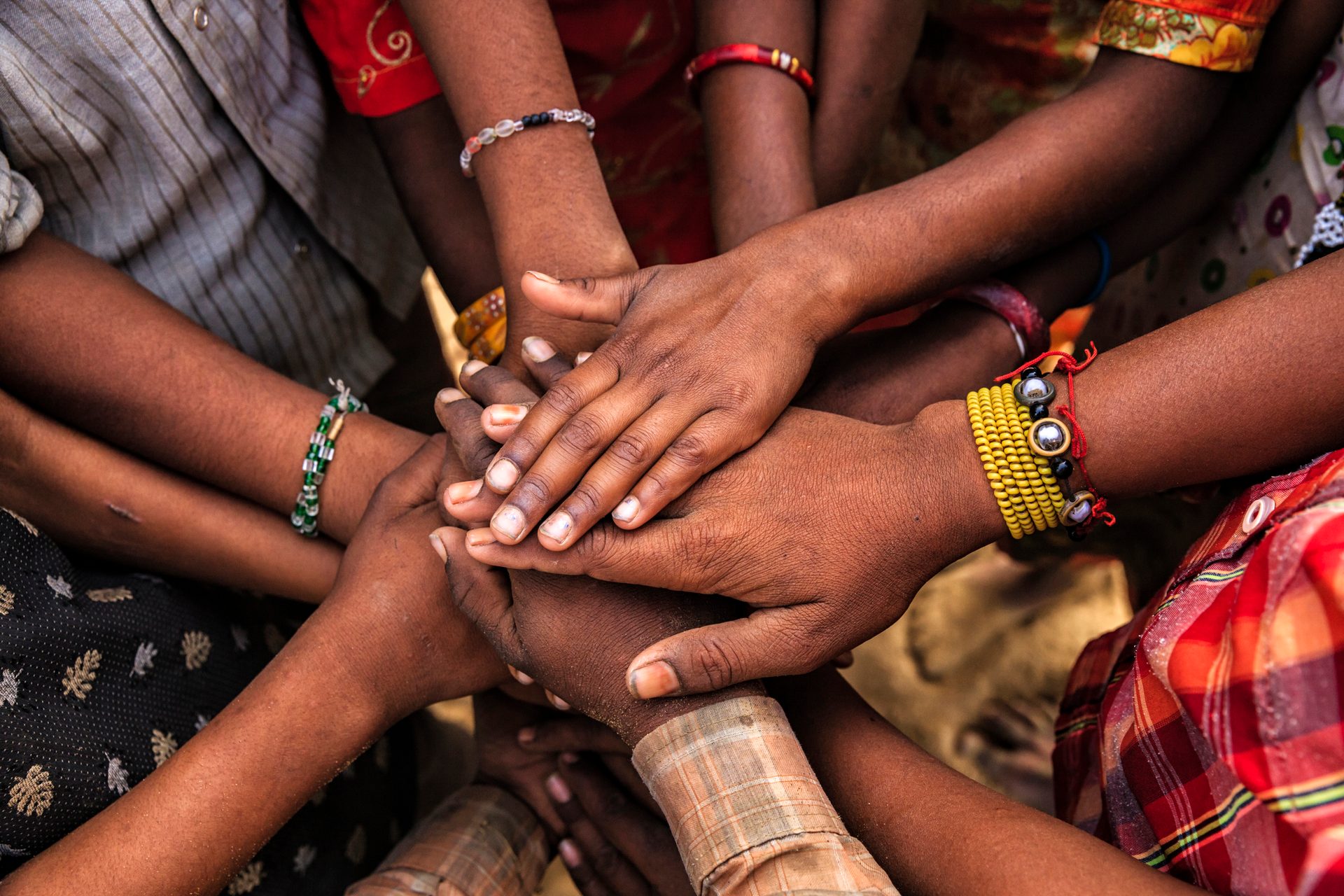
The George Institute for Global Health urges UK Government to step up support to the world’s poorest countries at G7 Summit
The George Institute for Global Health calls on the UK to show global leadership as it hosts the G7 Summit on 11-13 June, by making firm commitments to share surplus COVID-19 vaccines with the world’s poorest countries, and reversing devastating cuts to overseas aid.
Of 68 million people in the UK, more than 28 million are now fully vaccinated against COVID-19. To date, the UK has ordered more than 500 million vaccine doses, and has yet to donate any to another country. In contrast, the entire continent of Africa - which is home to more than a billion people, and where a third wave of the pandemic is looming - has received just 50 million vaccines in total.
"The Prime Minister has said the UK will share the majority of future surplus vaccines, but has yet to explain when it will start to do so," said Professor Stephen MacMahon, Chair of Global Health at Imperial College London and Principal Director of The George Institute for Global Health.
G7 countries have between them purchased over a third of the world’s COVID-19 vaccine supply, but their combined populations make up just 13% of the population globally. A recent meeting of G7 health ministers concluded with support for global sharing of vaccine doses ‘when domestic situations permit.’
"We’re calling on the UK to use its presidency of the G7 and set an example, by making an explicit commitment to share surplus vaccines with low- and middle-income countries by 1 September, in line with the recommendation made by The Independent Panel for Pandemic Preparedness & Response," said Professor MacMahon.
The G7 Summit is being held against a backdrop of drastic UK cuts to overseas aid, including a 40% cut to global health funding which affects programmes focused on the control of infectious diseases, such as polio and malaria, and the training of essential health care workers. Other G7 nations, including France, Germany and the US, are making significant increases to their development aid to support control of the COVID-19 pandemic.
The Government’s suspension of its commitment to invest 0.7% of Gross National Income in Official Development Assistance has impacted vital health research among some of the world’s most vulnerable populations.
"These cuts come at a time when global collaboration ought to be redoubled and resourced more," said Dr Devaki Nambiar, Program Head – Health Systems and Equity, The George Institute India.
"We risk losing opportunities to improve frontline pandemic responses in low- and middle-income countries, particularly for groups already left behind. There is a need to strengthen and expand a global learning compact so we may be better prepared for future pandemics – and funding must meet this need."
The George Institute calls on the UK, as host of the G7 Summit, to seize the opportunity to show global leadership, by: reinstating the 0.7% target for aid spending; making a concrete, time-bound commitment to share its surplus COVID-19 vaccines with countries where they are so desperately needed; and supporting the temporary waiver of intellectual property protections for COVID-19 vaccines and treatments, a move which is supported by the majority of the world’s countries and would enable the scaling up of production worldwide, making countries less reliant on donations.



